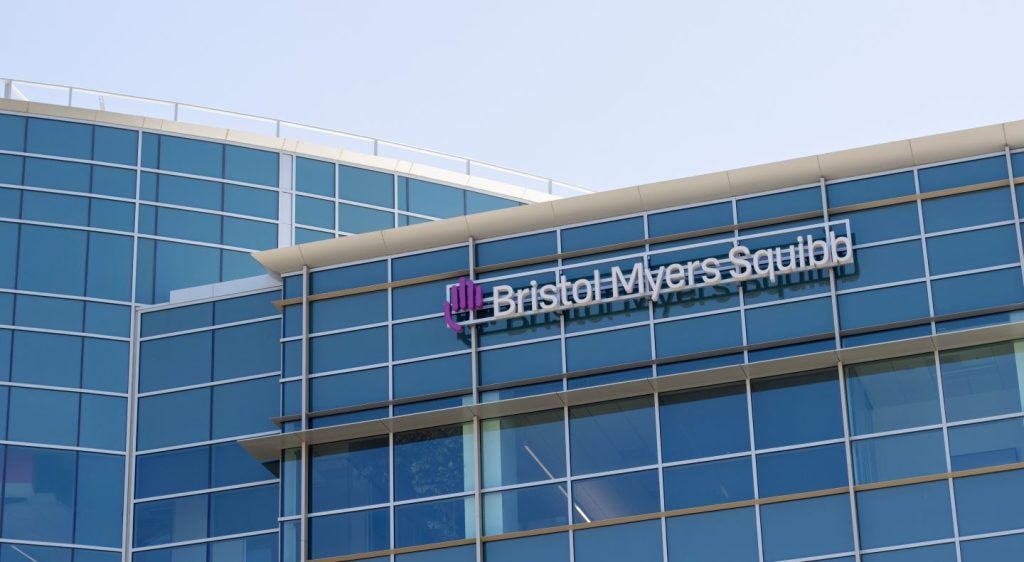Bristol Myers Squibb (BMS) has reported that the US Food and Drug Administration (FDA) has accepted its supplemental new drug application (sNDA) for KRAZATI (adagrasib) plus cetuximab to treat colorectal cancer (CRC), for priority review.
KRAZATI is an oral small-molecule Kirsten rat sarcoma glycine-to-cysteine mutation at the codon 12 (KRASᴳ¹²ᶜ) inhibitor.
The combination treatment is intended for patients with priorly treated KRASᴳ¹²ᶜ-mutated locally advanced or metastatic CRC.
A regulatory decision on the approval of the drug under the Prescription Drug User Fee Act (PDUFA) is anticipated by 21 June 2024.
The filing is based on data from the Phase I/II KRYSTAL-1 study.
The multicohort, open-label, multicentre trial assessed the efficacy and safety of KRAZATI as a single agent or along with other cancer treatments in patients with advanced solid tumours harbouring a KRASᴳ¹²ᶜ mutation.
The objective response rate was the primary endpoint for the registrational segment, while secondary endpoints for pooled cohorts included progression-free survival, duration of response, overall survival and safety.
Trial data indicated that KRAZATI was well-tolerated and demonstrated promising clinical activity in participants.
The KRAZATI plus cetuximab regimen’s safety profile was described as manageable and in line with prior data.
In 2022, KRAZATI received accelerated approval to treat KRASᴳ¹²ᶜ-mutated locally advanced or metastatic non-small cell lung cancer (NSCLC) in adults.
This year, the European Commission granted conditional marketing authorisation as a targeted treatment option for NSCLC.
BMS haematology, oncology and cell therapy late clinical development head and senior vice-president Anne Kerber stated: “Pretreated KRASᴳ¹²ᶜ-mutated CRC is associated with poor outcomes and the current standard of care offers limited clinical benefit for patients.
“The acceptance of this filing for KRAZATI in combination with cetuximab is a positive step toward providing a potential new option for patients and their physicians. It reinforces our commitment to developing potentially transformative targeted cancer therapies for patients for whom few treatment options exist.”
The new development comes after BMS entered a partnership with US deep tech company VantAI.









